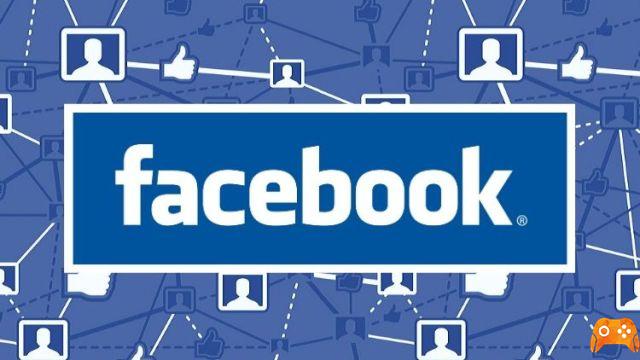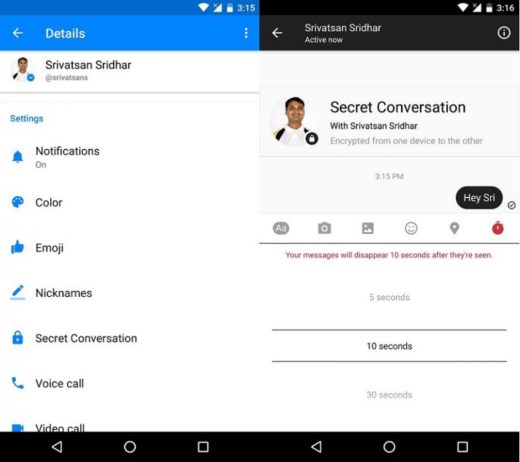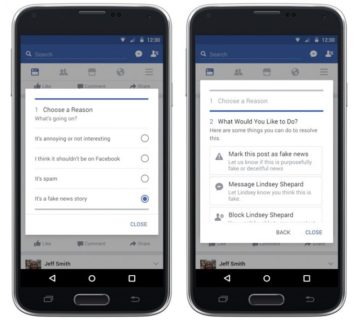
A cute girl you don't know asks for friendship on Facebook. For the moment everything is fine. Except this girl is actually a bogus profile she will start the discussion with you until she gradually takes you on Skype, getting more and more resourceful and asking you to undress. Woe to those who play to the end.
The fake profile shows you at the end that it has recorded the webcam images. In other words, she has a compromising video of you and kindly offers you to host it on Youtube. Unless, of course, you make a bank transfer. But you do not want?
He puts the video on Youtube privately and sends you the story of the link to increase the pressure. Not transferring yet? Pass the video in public and propose to broadcast it via Facebook to your friends. To your friends ... this never!
And then you just have to pay, praying your saint that he really stop and don't keep asking you for money.
Girl scam on Facebook
Didn't it seem strange to you that a beautiful girl, so suddenly asked for your friendship ... must be deleted immediately as soon as it appears in your friend requests.
Facebook is the social network most used by scammers in organizing webcam scams. Facebook accounts are full of personal information that scammers can use to enforce their blackmail (employer name, list of friends, address…).
Scammers try to become friends with you through fake profiles, once accepted, they will have access to a more or less important part of your personal data, depending on the degree of confidentiality of your Facebook account.
These people introduce themselves as your friends or people you have met before. So far, there is no miracle means or specific software to suddenly detect if a Facebook account is fake and if you are facing a potential professional rogue.
A few tips can help you quickly spot the false nature of an account. Just follow the tips and procedures below.
- Discover fake Facebook profile - How to
Be wary of friend requests from strangers
This is how most hackers get into your account. Before answering any friend requests, think twice. Try visiting the person's account first.
Generally, those who have fake accounts make use of pirated photos with beautiful women or attractive men, to lure their prey. When faced with this type of photo, take a step back. Hackers search for pictures on the Internet to find the most suitable one. Some less intelligent even use photos of famous people. Either way, do a Google search from the photo. If it's a stolen photo, you will know very quickly.
Then ask the person a few questions for find out why he contacted you, how he met you and so on. She starts a little discussion about identification and compares her speech with her profile information. Also, on her account she checks how many photos there are, as well as the stories. A teenager often has a lot of photos online. Even slightly older people often have several friends and a number of photos. She also checks if you have mutual friends.
Either way, a first account visit will help you get a first idea on the subject.
Check its IP address
Web scammers often lie about their whereabouts, creating fake profiles located near their victims' homes. It can be very easy to spot these fakes by checking the IP address. Several tools are available online to verify the IP address and location of the individual in question. If, for example, the person claims to be in France or another European country and their location points to a third part of the globe, then they are likely a cheater.
This method is reliable, but not 100% above all because these hackers today have their own more or less sophisticated methods. They make sure that the IP address changes constantly, so that we cannot locate them or simulate accurate locations. They don't all have this kind of know-how, so the method is quite effective in most cases.
In-depth analysis of the Facebook page and account
There are some pirates who organize their scam very well and invent a more or less well-coordinated life. This way, it's not always obvious to be able to quickly detect whether it's a fake account or not. Since the method of verifying the IP address is also not always definitive, a deeper account analysis is required.
A very small number of friends are very suspicious. Quite often, fake account holders create multiple linked accounts. We often see that the stories of these accounts overlap over time or are very similar.
Better yet, many of these hackers create similar accounts, not having the time to create other profiles. You will see that different accounts have similar information with a lot of similarities in detail. If your suspicion is high, you know what to do: BLOCK.
- How to delete your Facebook account
Very quick declarations of love
There are some who start from your first arguments by saying sweet words to you and quickly declare their love. The person can come up with amazing stories by presenting you as the love of their life or the kind of person they have been looking for for ages. Faced with such attitudes, it is better to distance yourself.
Don't hesitate to block an account that makes you feel uncomfortable or that very quickly asks you to continue the webcam conversation on Skype.
We have gotten into the habit of accepting requests from friends of friends without always paying attention to who they really are. If you accept a person and exhibit intrusive or suspicious behavior, be careful. Also, try to see before accepting the request if there is a contact on your friends list who can attest to really know him.
Other suggestions
- In discussions, ask surprise questions.
- Notice the inconsistencies between his words and his profile, or even between his words.
- Beware of interlinked accounts which can all be owned by one person.
Once you have fallen into the trap, nothing can be done. Try to get out of it as best you can. The most obvious advice in this type of situation is not to accept friendship with strangers.
Further Reading:
- Blackmailed on Whatsapp, what can we do
- Online Dating Scams - What Should You Watch Out For?
- What happens when you uninstall Facebook and Messenger
- Facebook starts hiding likes
- WhatsApp: Don't click a share button
Deprecated: Automatic conversion of false to array is deprecated in /home/epictrick.com/htdocs/php/post.php on line 612






